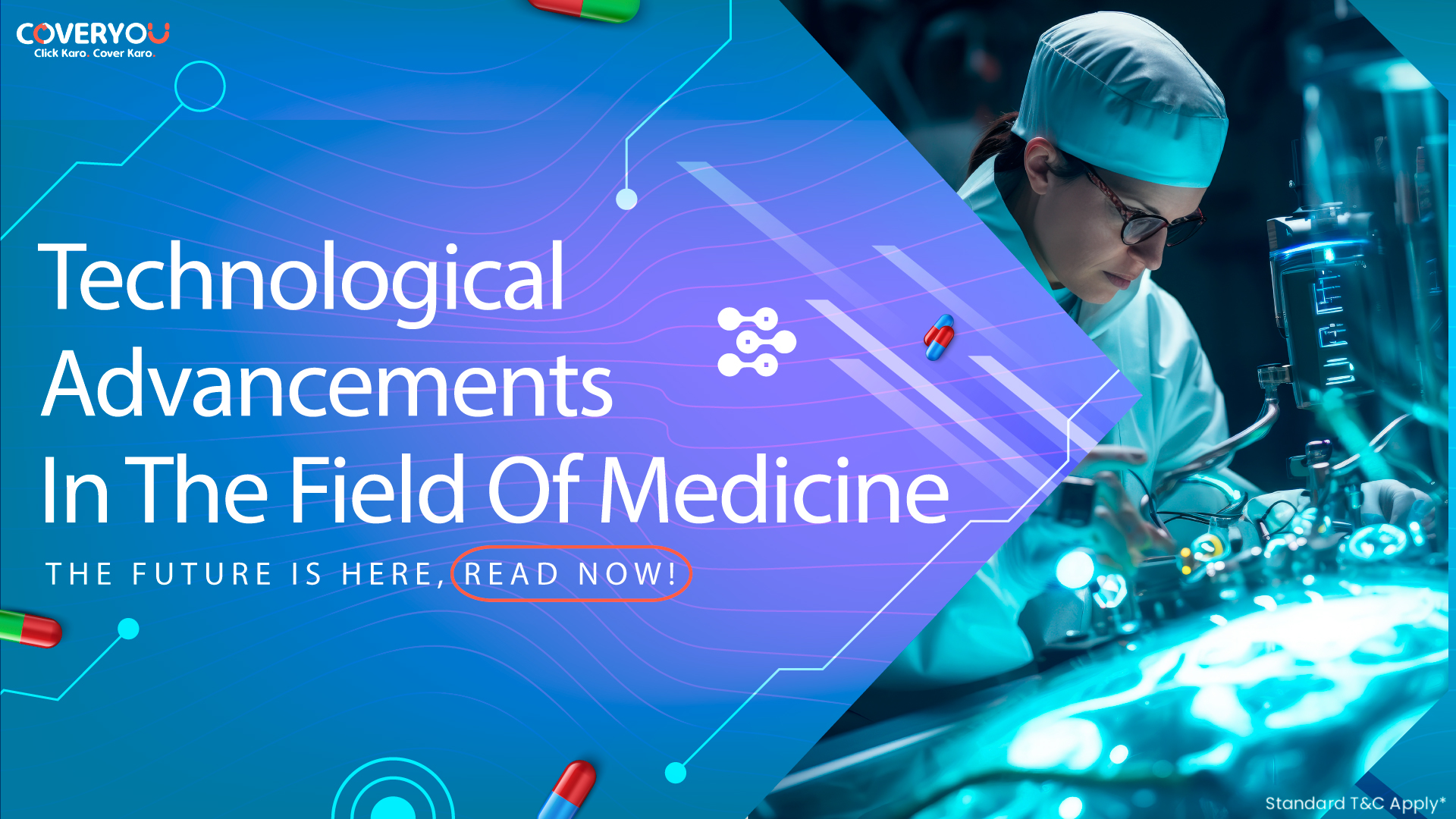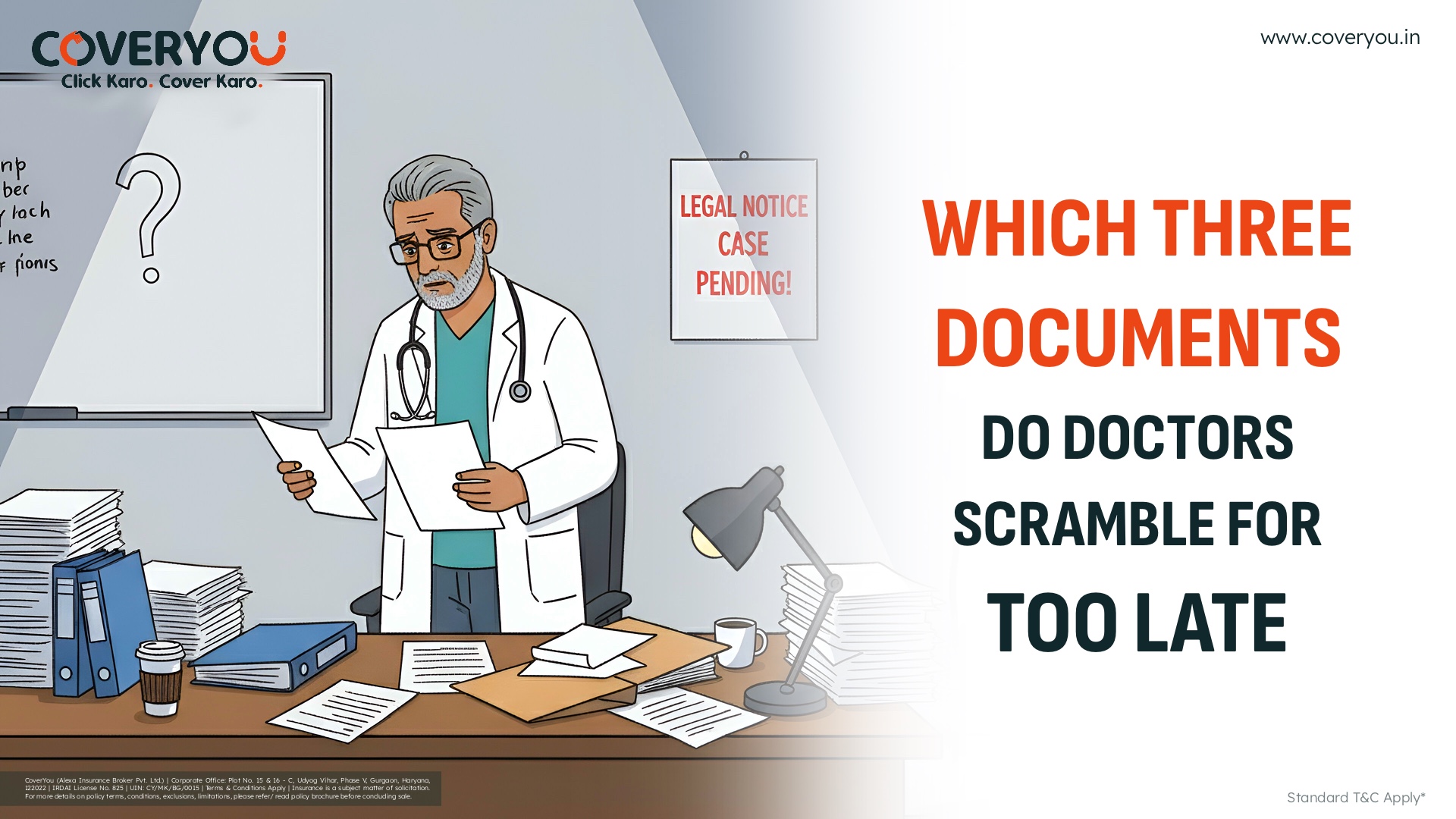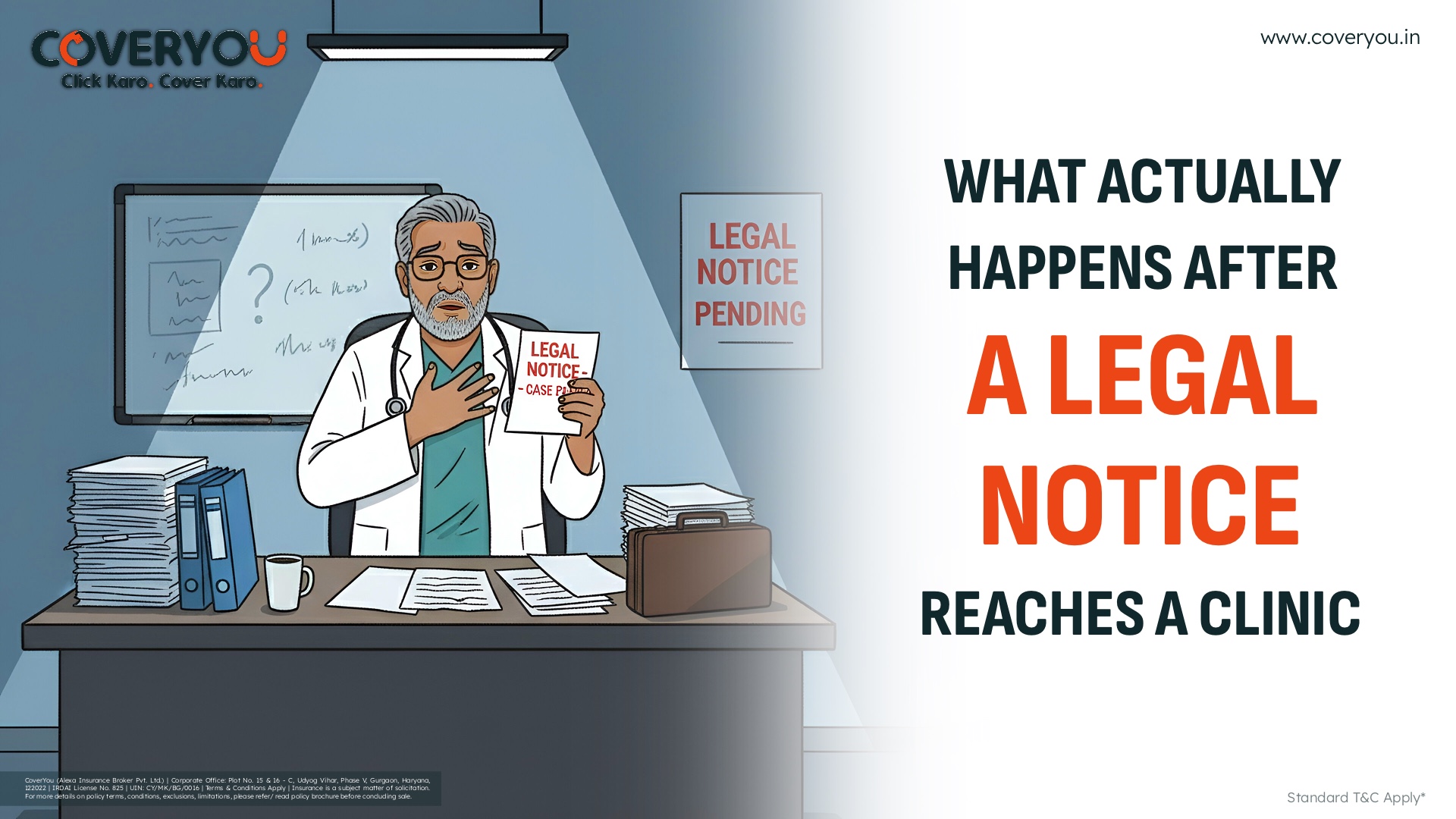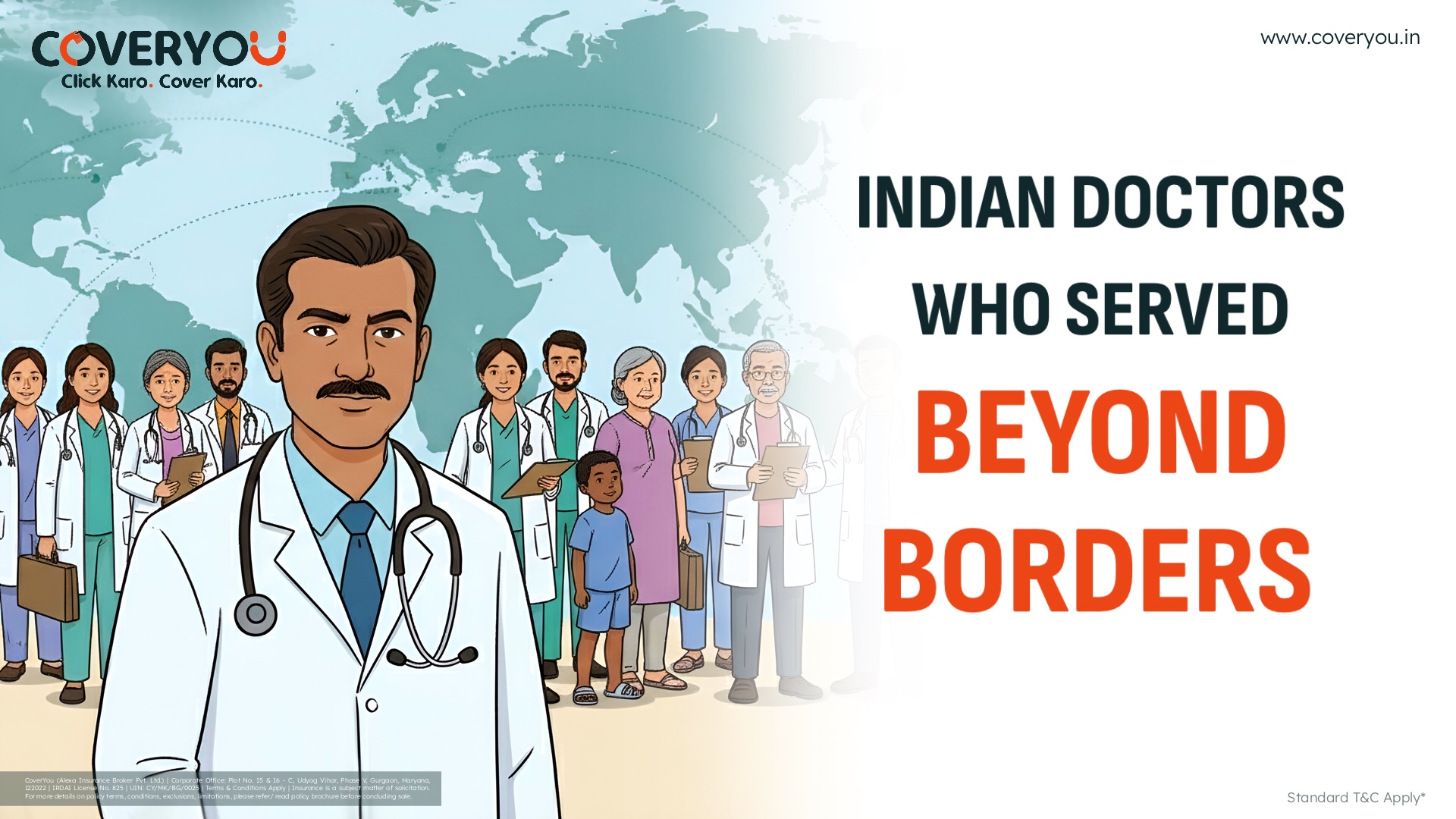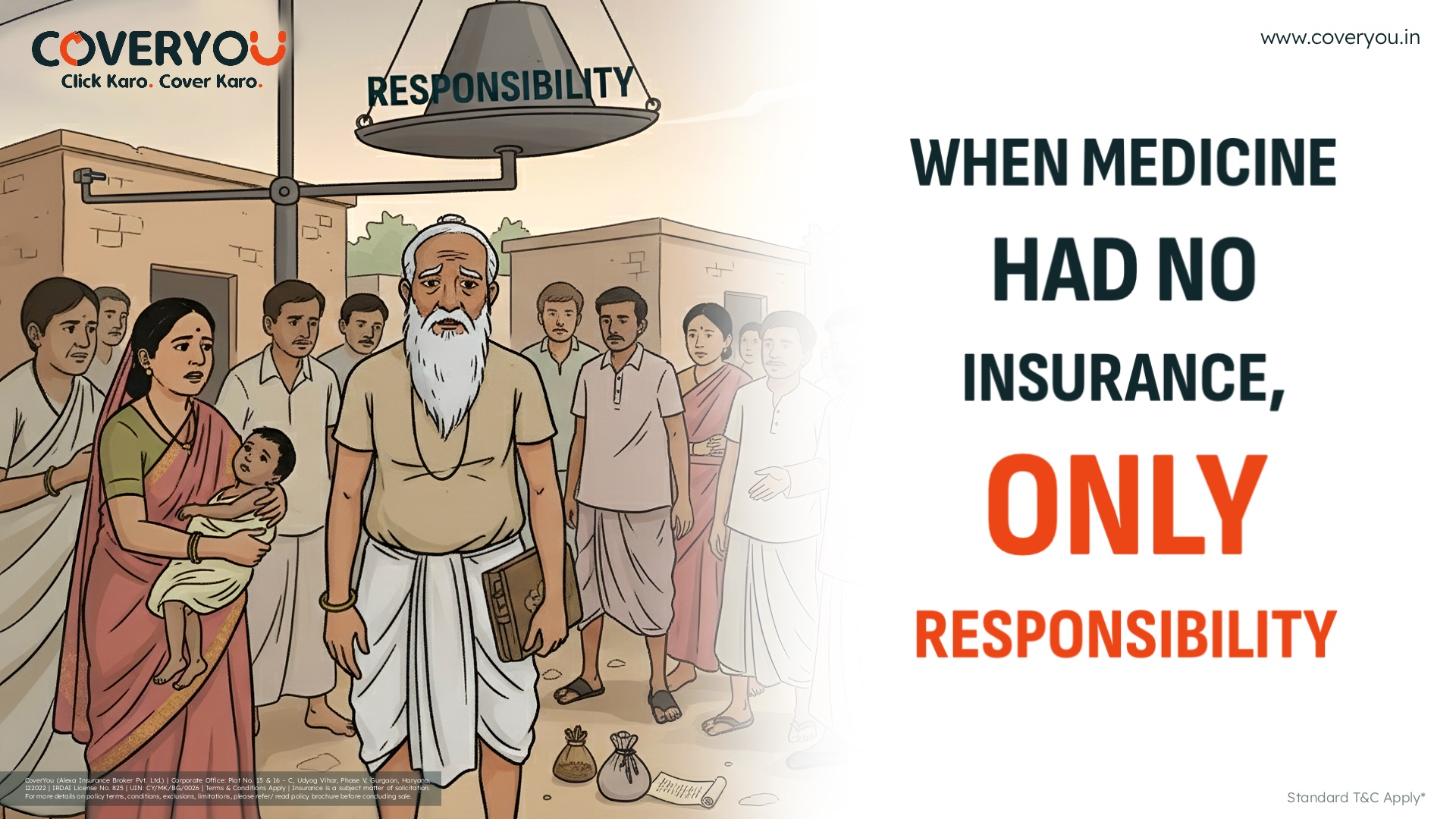The healthcare sector has seen incredible advancements in recent years, which has led to a rapid growth in technology. These developments have revolutionized healthcare by increasing its effectiveness and enhancing the way physicians care for their patients.
Several minimally invasive procedures that are less unpleasant and promote a quicker recovery are now available to patients. These developments, which range from complex surgical instruments to virtual consultations, have improved the efficiency and accessibility of healthcare.
Doctors are able to offer more rapid, accurate, and individualized care because of technologies like wearable technology, robotic surgery, telemedicine, and artificial intelligence (AI). However these developments also bring with them new challenges, such as ethical dilemmas and the requirement for adequate protection against possible threats.
Major technological advancements:
-
CRISPR:
Clustered Regularly Interspaced Short Palindromic Repeats, or CRISPR, is a modern gene-editing technology that advances research into diseases like cancer and mental illness by enabling scientists to quickly modify DNA and build cell and animal models.
-
Remote Patient Monitoring:
It is a system that allows remote patient monitoring by doctors. Doctors receive data from the medical devices that patients use, such as glucose meters, heart monitors, and blood pressure monitors. It is particularly beneficial for the treatment of long-term conditions like diabetes or heart disease.
-
Nanotechnology:
It is considered the most modern advances in medical technology. It involves interacting with materials at the atomic or molecular level to produce miniature tools, like nanoparticles, that can transport medications straight to the site of an illness. As it enables the immediate delivery of medications to tumors while reducing harm to healthy cells, this technique has the potential to revolutionize the treatment of cancer.
-
Artificial Intelligence
One technology that is revolutionizing medicine is artificial intelligence. As AI systems can swiftly evaluate vast volumes of data, they can assist doctors in identifying illnesses, validating diagnoses, and even suggesting courses of treatment. Additionally, AI is being applied in medical imaging to assist radiologists in identifying abnormalities in MRIs and X-rays.
-
Wearable devices
Wearable health devices like smart watches and fitness trackers are becoming increasingly popular. These gadgets can track important health metrics such as heart rate, sleep patterns, and physical activity. Some wearables can even monitor blood pressure and oxygen levels. Several news of wearable devices alerting patients regarding the potential heart attacks have also been seen.
-
Vinci XI Surgical System:
A robotic device called the Vinci XI Surgical System helps doctors carry out less-invasive procedures. The device provides improved control, flexibility, and precision during procedures, resulting in smaller incisions, less pain, and a faster recovery for patients.
-
Telemedicine:
Telemedicine allows patients to consult with doctors virtually, without needing to visit a clinic or hospital in person. This technology has been especially useful during the COVID-19 pandemic, helping people receive medical advice safely from their homes.
-
Electronic Health Records:
It is a digital version of a patient’s medical history and treatment information. it’s includes the health record of a patient.
How such advancements can impact doctors:
Healthcare advancements have transformed the medical field, but they also put doctors at risk. Telemedicine platforms and electronic health records (EHRs) can result in mistakes, misunderstandings, and incorrect diagnoses. For example, patient care may be jeopardized by EHRs that are mistaken, incomplete, or compromised by cyberattacks.
Due to telemedicine’s lack of in-person engagement, nonverbal clues may be neglected, patient histories may be insufficient, and treatments may be administered incorrectly. Poor patient outcomes, stressed doctor-patient relationships, and an increased risk of litigation can result from these technology defects.
The increased reliance on technology also exposes doctors to liability concerns. Medical algorithms and AI-powered diagnostic tools can provide flawed recommendations, leading to medical errors. Additionally, interoperability issues between different healthcare systems can cause critical information to be lost or misinterpreted.
Doctors may struggle to keep pace with rapidly evolving technologies, leading to inadequate training and competence. As a result, doctors face heightened risks of negligence lawsuits, reputational damage, and financial losses which makes Professional Indemnity Insurance a necessity for them.
Professional Indemnity Insurance:
Professional Indemnity Insurance is the absolute necessity for doctors. It provides financial protection against legal claims arising from Medical Negligence, or errors in the course of their professional duties. It covers the costs of legal defense, settlements, or damages awarded to patients. In Today’s era, where patient awareness of medical rights is increasing, and litigation is more common, having robust insurance coverage ensures that doctors can continue practicing without the constant fear of financial ruin due to a lawsuit.
Now the question arises where to get the best Professional Indemnity insurance in the Market with additional benefits?
The Answer is here!
CoverYou, India’s leading insurance broker for doctors, backed by 75+ medical associations, with expertise gained from consulting 500,000+ doctors nationwide, we offer customized professional indemnity insurance. Our panel of 10,000+ Medico-Legal Lawyers ensures strong legal backup with second level consultation from 500+ senior doctors panel across specialization.
In case of a medical lawsuit, we allocate lawyers within 2 hours, providing 24/7 support with all sources of notices covered including WhatsApp.
Protect your practice and ensure all round protection with the right Indemnity Insurance Coverage from CoverYou.
